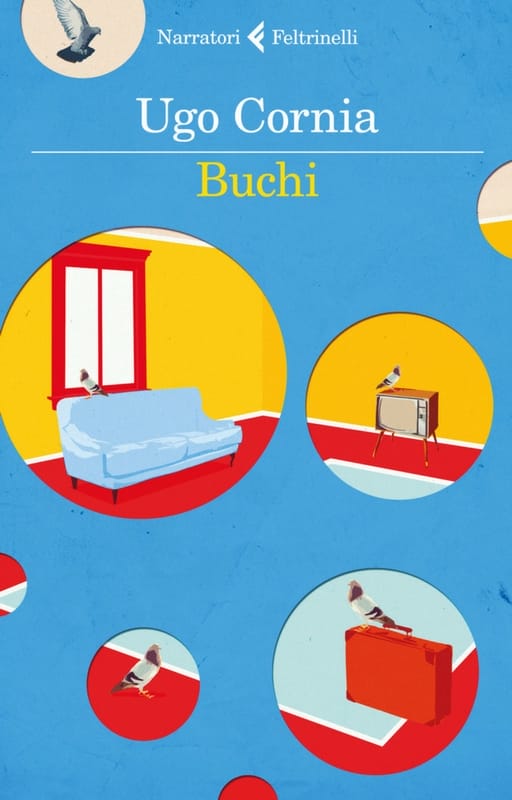Buchi

To open a drawer, a little red box, a beautiful lion-foot chest, a corner piece-all objects that used to be in the old family home-and to find in it “a reminder as if backward.” A reminder of a past received as an inheritance but of which 50-year-old Ugo has only a few memories: the house in Guzzano, once full of life but already empty after his birth, already only a vacation home, and then Aunt Bruna, Aunt Maria, Aunt Fila, Grandpa, Uncle Renato, Uncle Arrigo…
Faced with this emptiness, this hole that is impossible to fill but that it is now necessary to cross, Ugo can only invent his own way to create “a small center of order amidst the forces of chaos.” And the way he invents himself is to tell. So here from the past arise fragments, small adventures, the car rides with grandpa, the barnyard at night, the honeycomb of bumblebees in the attic, the love at the false Limentra dam, faces in the half-light, phrases that return, that one is never finished, it seems like yesterday, strength and courage. But mostly emotions, small anxieties, melancholy, some relief. Except that the narrator has a habit of avoidance, of notching, of “slaterare,” so to the emotions sealed inside those old drawers he comes slowly and slaterando, precisely, speaking of those he has barely known to arrive finally at the loss of his parents: at the dismantling of the dearest affections. “And more dismantling to come, in the universal and continuous dismantling of all things.”
With a comedy steeped in nostalgia, Ugo Cornia tackles the “great mystery of emotions” through a novel nourished by disorienting scraps and docile takes, restoring to us the contradictions and seductive nonsense of our inner world.